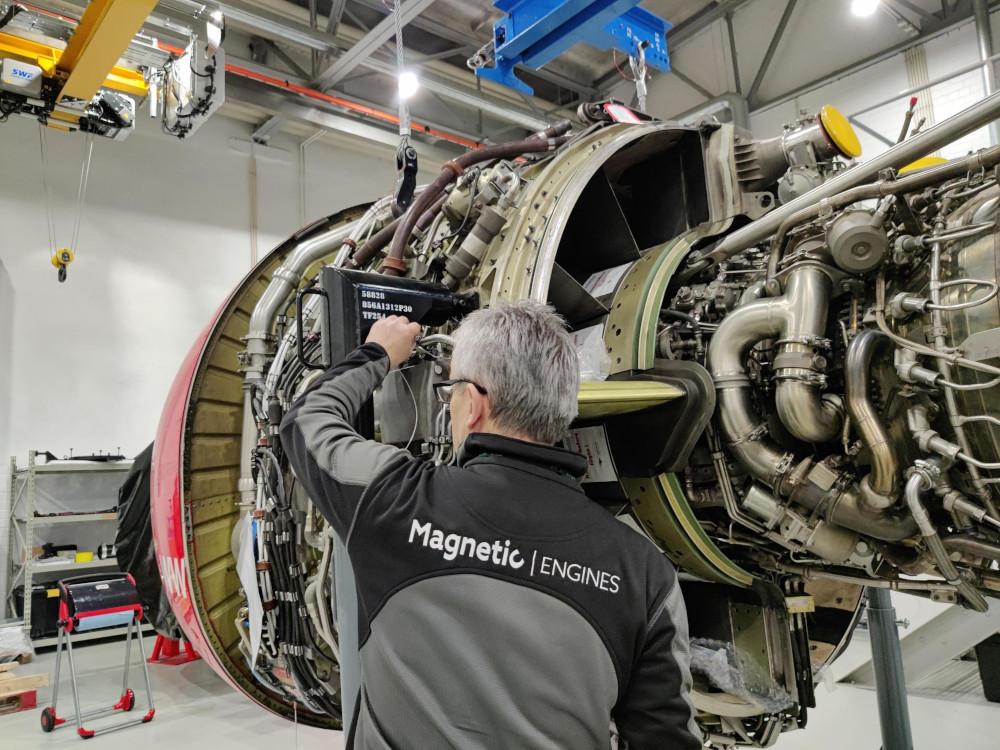
Although the COVID-19 pandemic dramatically slowed new aircraft deliveries and lease placements, it also caused many airlines to retire, return or sell older models.
Now, as oil and jet fuel prices spike in response to the Ukraine crisis, the impetus only grows for aircraft to switch to new-technology equipment.
This presents a maintenance dilemma for operators of popular current-generation engines such as the CFM56 and IAE V2500, which remain the workhorses of the global fleet.
For some operators, the cost of a full overhaul of these engines may not be justified by revised plans for how long they will remain in service; for others, just the cost of a traditional overhaul—the biggest ticket maintenance item—may be deterrent in which airlines are still in recovery mode.
One solution is to pursue alternative maintenance actions to full engine overhauls, which are very expensive and pull engines out of service for long periods.
During the pandemic, there was already evidence of this as airlines specified lighter workscopes for the shop visits they did perform, a tactic that continues this year.
As well as lighter workscopes, airlines can take advantage of the modular nature of modern turbofans and swap out individual modules to achieve a desired performance restoration of the entire unit. Such module changes are far cheaper than a full overhaul, and can be performed in a fraction of the downtime.
“This [module change] process takes 5-15 days maximum, can be accomplished at many more shops as they need less capability, and exactly replicates the end result of the traditional overhaul in a shorter time and much less cost,” says Sam Hammond, head of the module factory business for FTAI Aviation.
Many airlines are taking advantage of such benefits as they seek to quickly ramp up capacity in response to loosening of coronavirus-related travel restrictions.
“Demand [for module changes] has increased greatly since mid-2021 with the gearing up back to capacity of the world fleet and will continue to be used as balance sheets are rebuilt,” comments Greg Macleod.
For a full report on engine module changes, see the forthcoming Inside MRO.
